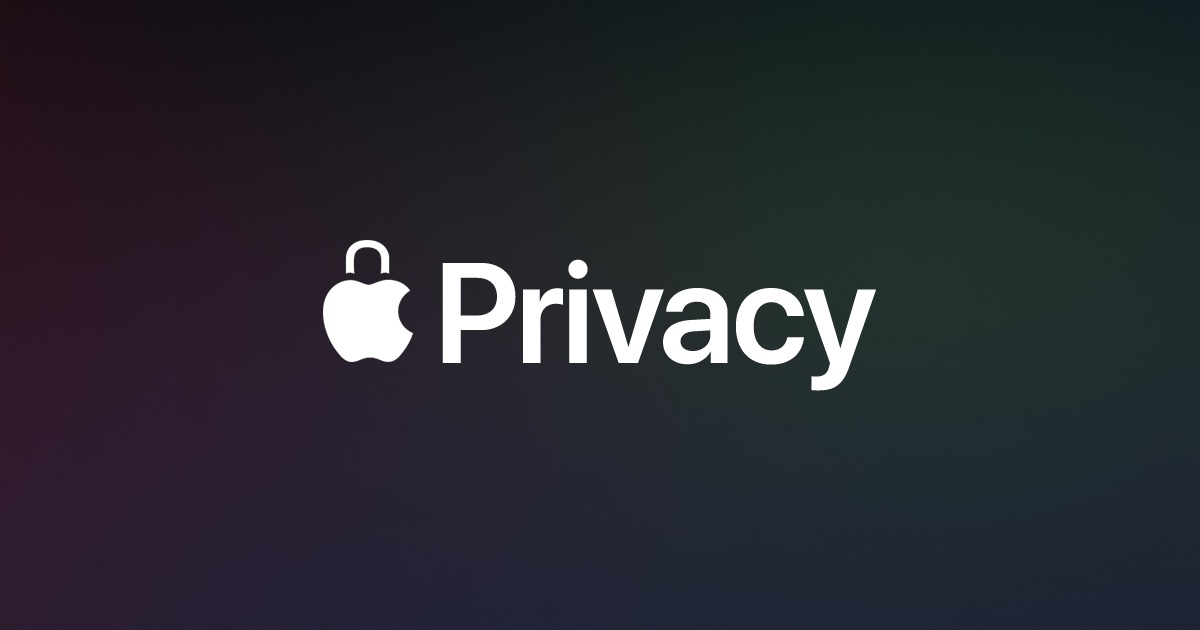I agree. It’s odd that for everything in life we think it’s ok to pay for quality but when it comes to online services and the like there is an idea that it should all be free.Or imagine an online world where advertising no longer exists at all (except by voluntary opt-in) and where companies generate revenue and funding to sustain their platforms from all the other non-advertising related methods of commerce...
You’re premise is wrong by conflating free online platforms with advertising penetration. There are other ways of companies earning money you know. The ad-supported model is hopefully on its way out, giving rise to a more cleaner, more conscious, less cluttered and simple internet experience
But how about a third option? Why shouldn’t our personal data be seen as our own property, that companies should pay us for?
I’m used to answering polls (yeah, there’s an app for that
What if it could be the same with data harvesting? Especially if that data was ours to license to companies. If they would re-license to others they would have to ask us for permission first and we would receive royalties for every re-licensing.
I think Apple is moving in the right direction with transparency, but we still don’t know where our data ends up in the end. How about I don’t care if Facebook itself has my data (licensed for a price!), but when they want to re-license I want my share plus I want to choose who gets it. I might want to share with say Volvo or a university research on behavior during pandemics. But I would like to easily reject re-licensing of my movements and purchase patterns to some unknown-company-in-a-country-I-barely-heard-of or “ShadyEnterprise” or a political organization or an aggressive government.
Then we could really talk about transparency and user control.



